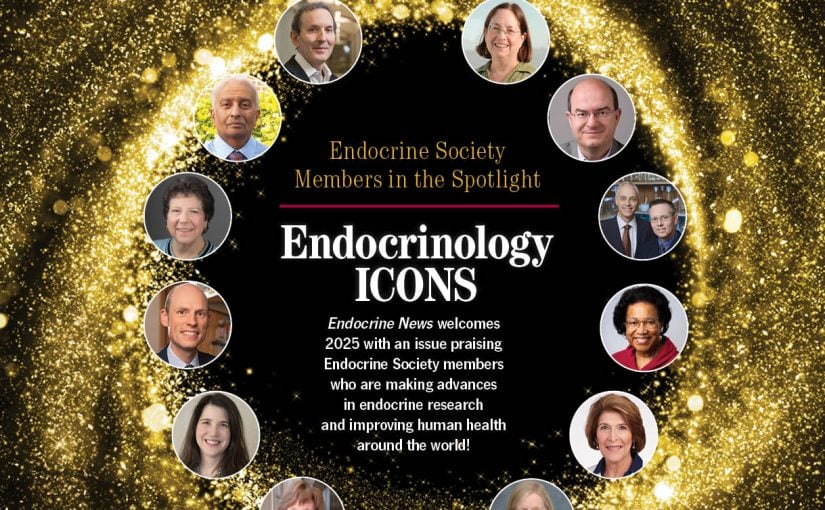On January 27, Endocrine Society attended the 200th meeting of the National Diabetes and Digestive and Kidney Diseases (NIDDK) Advisory Council. Society members Lee Kaplan, MD, PhD; Alan Saltiel, PhD; Jerry Palmer, MD; and Joel Elmquist, PhD, DVM, are members of the Council. Endocrine Society member Steven Kahn, MB, CHE, served as an ad hoc Council member for this meeting.
During the open session of the meeting, the Director of NIDDK, Griffin Rodgers, MD, MACP, announced the publication of Recent Advances & Emerging Opportunities 2016.
This report, issued annually, highlights important advances and discoveries that resulted from NIDDK-funded research over the previous fiscal year. Rodgers then gave the Council an update on the NIDDK budget process, including the additional funds provided by the omnibus appropriations bill for FY 2016. The NIDDK expects that the regular R01 payline will be maintained at the 13th percentile, with grants requesting over $500,000 in direct costs having a payline of 8%. Early stage investigators (ESIs) will have a differential payline of 18%, while first competitive renewal applications of R01 grants awarded to NIDDK ESIs will have a payline of 15%.
During the open session of the Diabetes, Endocrinology and Metabolism (DEM) Subcommittee, Council members discussed initiatives that NIDDK might pursue. NIDDK staff presented potential initiatives on 1) circadian biology, sleep and diabetes; 2) clinical studies of diabetic foot ulcers; 3) sleep apnea, glycemia, and type 2 diabetes; and 4) type 2 diabetes prevention and management. The Council gave advice on key focus areas and priority topics for these proposed initiatives.
During the open session of the National Advisory Child Health and Human Development Council (NACHHD) on January 21, Acting Director Catherine Spong, MD, gave the Advisory Council an update on the new Environmental influences on Child Health Outcomes (ECHO) program and plans for archiving data from ECHO studies so that it can be used by other researchers. Spong also described how NICHD plans to allocate funds from the Fiscal Year (FY) 2016 budget increase, of which NICHD will receive nearly $51.4 million. Of this total, nearly $20.5 million will go to required increases in trans-NIH initiatives such as the BRAIN initiative. Additionally, NICHD plans to use funds to support additional FY 2015 grants that were at the published payline for the institute. After accounting for these and other expenditures, NICHD will have nearly $6.7 million left in additional available funds for FY2016.
NICHD Associate Director for Extramural Research, Della Hann, PhD, then gave a report to the Advisory Council. Hann indicated that the NICHD received a significant increase in grant applications in FY2015, and that this increase is roughly in alignment with a trend of increasing numbers of applications requesting more funds on average. The Advisory Council then discussed the implementation of recommendations from the review of the research training programs at NICHD, these included shifting support from institutional K awards to individual K awards, increasing the success rate for K99/R00 grants, and modifying the salaries for K08 and K23 awardees.
Laakso is the associate director, Science Policy, Endocrine Society

